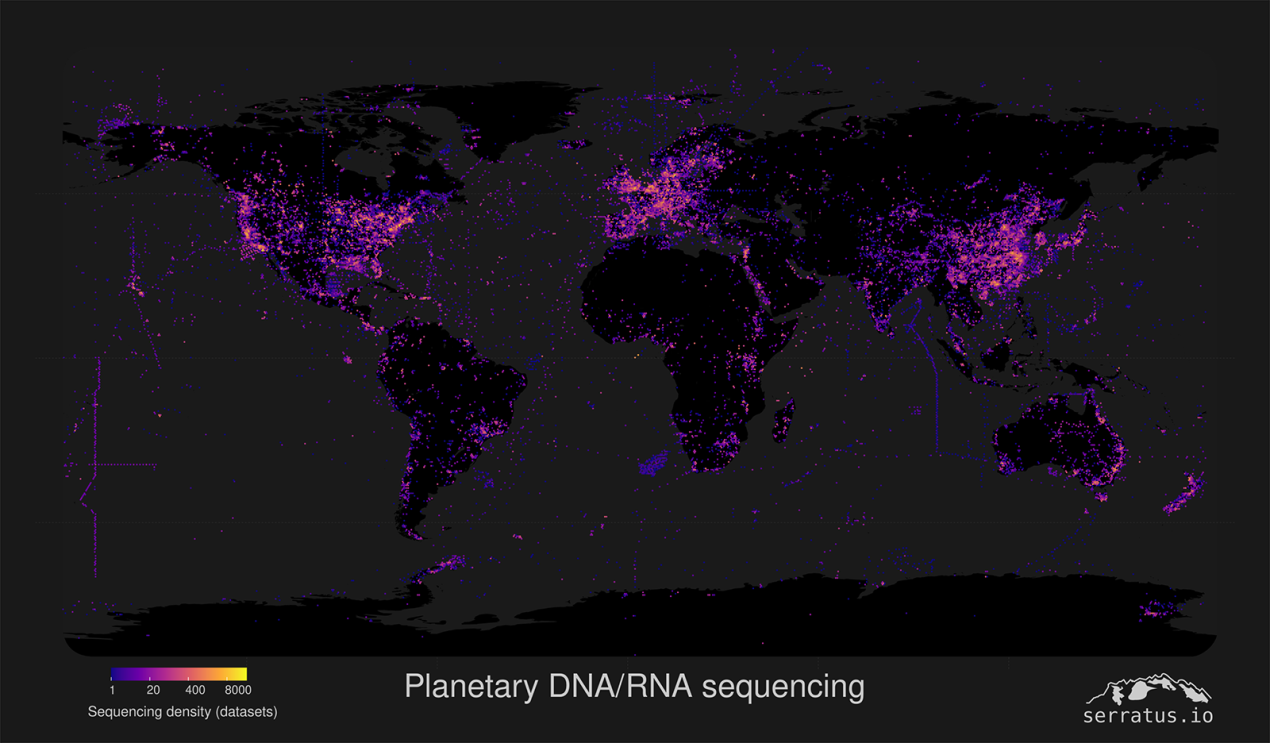An international team of scientists using AWS Cloud identified more than 130,000 new RNA viruses, including several new species of coronavirus, in record time—creating a “global viral surveillance system” that could help prevent future pandemics.
Researchers from the Serratus project built a powerful supercomputer on AWS in just eight weeks. The supercomputer searched almost 6 million publicly available biological samples for the presence of RNA viruses in less than two weeks for $24,000—achieving what would have taken a standard computer well over 2,000 years and cost at least 10 times more.
No one has attempted this kind of analysis before, because there is too much data to be analyzed by one computer. According to the scientists, what they achieved using AWS Cloud has essentially changed how bioinformatics is done.
01 / 06
Their research, published this week in the scientific journal Nature, should help doctors make connections faster when dealing with sick patients, improve diagnostic testing and vaccine development, and help policymakers decide where to direct their research and monitoring more effectively.
 This dashboard shows the location of the data the Serratus project searched through.
This dashboard shows the location of the data the Serratus project searched through.RNA viruses are more likely to infect new host species because of their rapid reproduction and evolutionary rates. Diseases caused by RNA viruses include the common cold, influenza, SARS, COVID-19, hepatitis C, Ebola, rabies, polio, and measles.
By identifying new viruses and where they might have originated, scientists hope diseases can be recognized much earlier when they infect people, livestock, crops, and endangered species.
The Serratus project team worked with the Cloud Innovation Centre (CIC) at the University of British Columbia (UBC) in Canada, a public-private collaboration between UBC and AWS, which provided the scientists with access to technology and expertise in cloud computing.
Together, they created an open access website, The Open Virome, to share findings with the global scientific community and accelerate research into RNA viruses.
Trending news and stories















